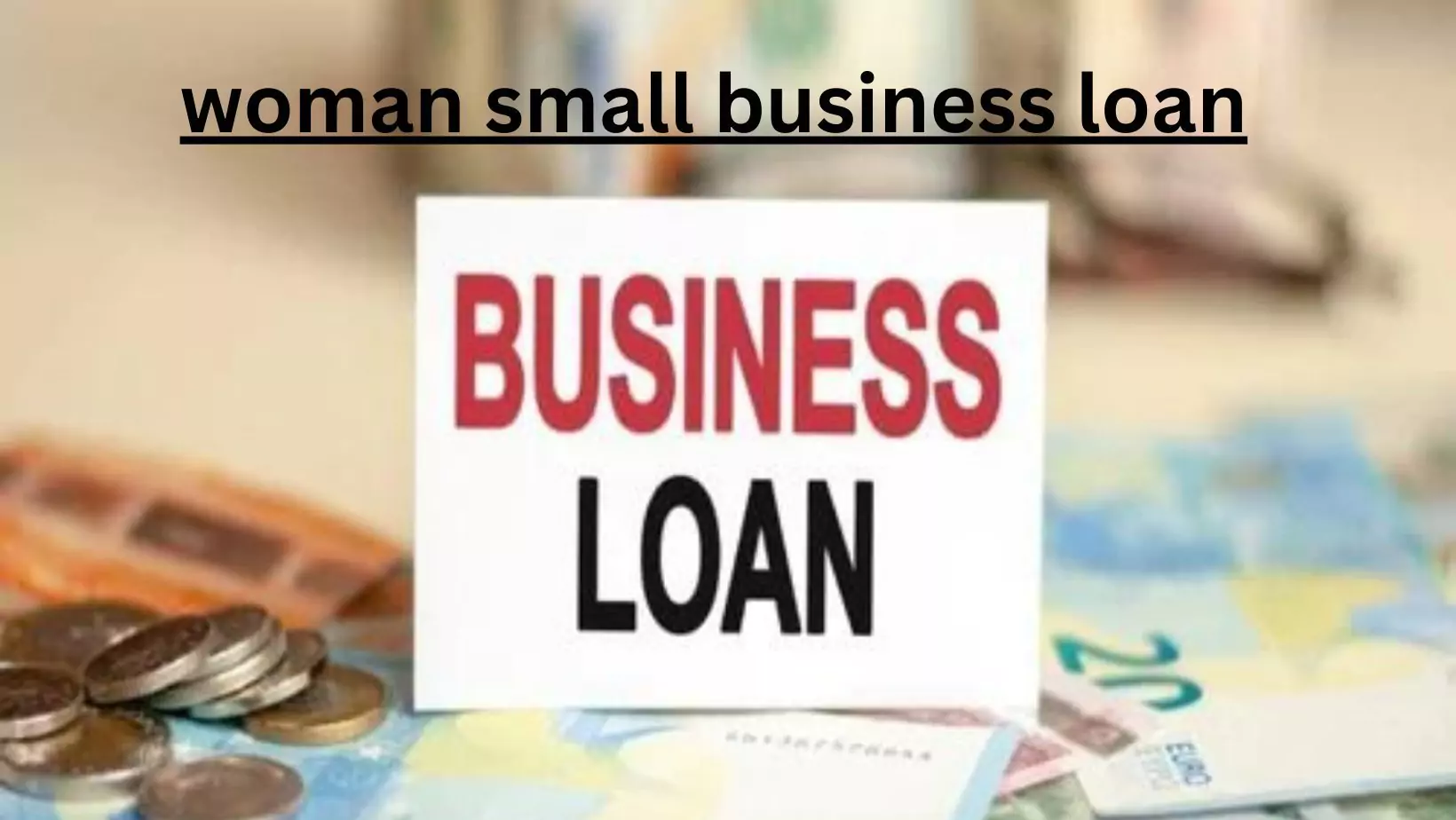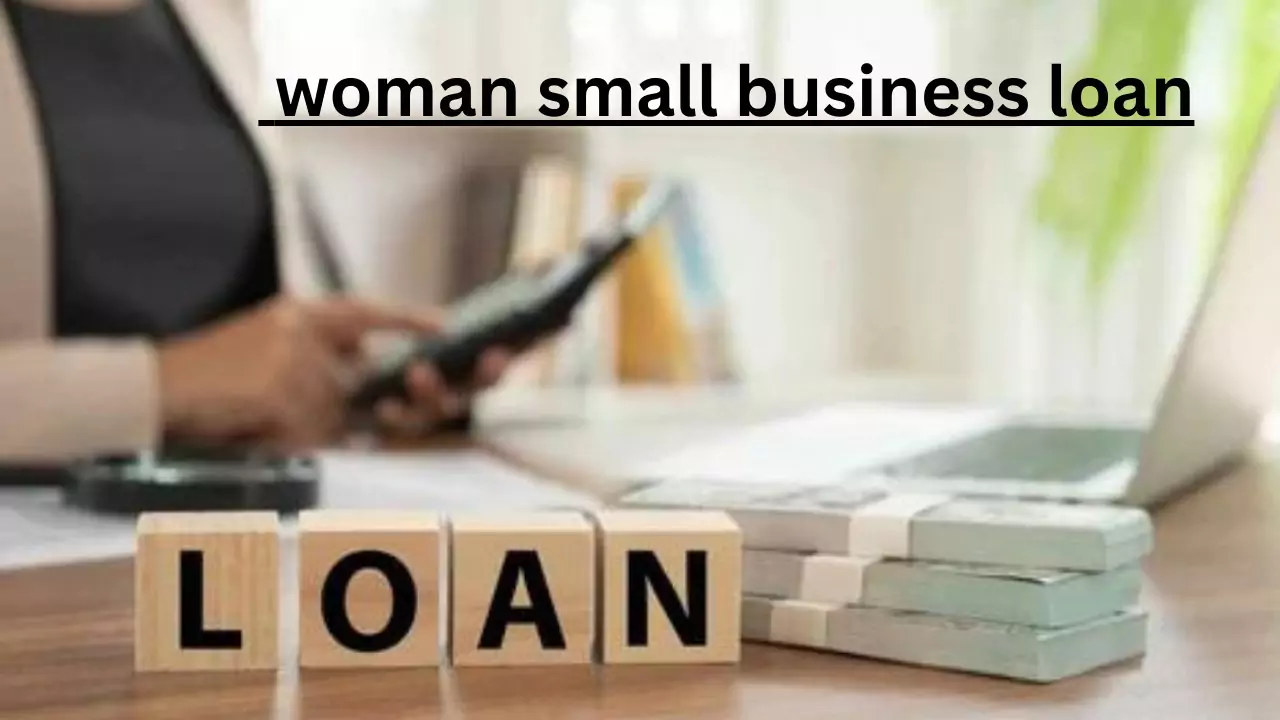woman small business loan Starting and growing a small business as a woman comes with its own unique set of challenges and opportunities. Access to capital is often one of the significant hurdles. This article provides an in-depth look at small business loans for women, including how much you can realistically get, the required credit score, historical context, government initiatives, and specific options for female minorities and those with bad credit. Additionally, we’ll explore grants, women-owned business certification, and the benefits of being a woman-owned business.
How Much Can I Realistically Get for a Small Business Loan?
The amount you can get for a small business loan varies based on several factors, including your business’s financial health, credit score, the lender’s criteria, and the type of loan. Here’s a breakdown of common loan types and their typical amounts:
- SBA Loans: The Small Business Administration (SBA) offers various loan programs, with amounts ranging from $500 to $5.5 million. The most popular SBA loan, the 7(a) loan, has an average loan size of around $500,000.
- Traditional Bank Loans: These can range from $10,000 to several million dollars, depending on your business’s financials and collateral.
- Online Lenders: Online lenders offer loans from $5,000 to $500,000, usually with faster approval processes but higher interest rates.
- Microloans: Typically for smaller amounts, microloans range from $500 to $50,000, often provided by non-profits or community-based organizations.
What Credit Score Is Needed for a Small Business Loan?
The required credit score for a small business loan depends on the lender and the type of loan.
- SBA Loans: Generally, a credit score of 620 or higher is needed, but the average approved SBA borrower has a score above 680.
- Traditional Bank Loans: A credit score of 680 or higher is usually required.
- Online Lenders: These lenders are more flexible, with some approving loans for credit scores as low as 500, though interest rates will be higher.
- Microloans: These have more lenient credit requirements, with some focusing more on the business plan and financial projections.
What Year Would a Woman Get a Business Loan Without a Man?
Historically, women faced significant barriers in obtaining business loans without a male co-signer. It wasn’t until the passage of the Women’s Business Ownership Act of 1988 in the United States that women could apply for business loans without requiring a male relative’s co-signature. This landmark legislation provided better access to capital and resources, marking a significant step toward financial independence for women entrepreneurs.
Is the government giving out money to start a business?
Yes, the government provides various funding opportunities to start and grow a business, including:
- SBA Loans and Grants: The SBA offers several loan programs and occasionally provides grants.
- Grants.gov: A centralized database of federal grants where you can find opportunities specifically for women-owned businesses.
- State and Local Grants: Many state and local governments offer grants and incentives to encourage small business development.
- Non-Profit and Private Grants: Organizations such as the Amber Grant, Cartier Women’s Initiative, and others provide grants specifically for women entrepreneurs.
Women’s Business Loans from the Government
The government, through the SBA and other federal agencies, offers several loan programs tailored to women-owned businesses:
- SBA 7(a) Loans: These are the most common and versatile loans, used for various business purposes, including working capital, expansion, and equipment purchase.
- SBA 504 Loans: These are geared towards purchasing fixed assets like real estate and equipment.
- SBA Microloans: Smaller loans up to $50,000 for startups and small businesses.
- Community Advantage Loans: Targeted at underserved markets, including women-owned businesses, with loans up to $250,000.
Small Business Loans for Female Minorities
Female minority entrepreneurs can access specific funding options designed to support their unique challenges:
- Minority Business Development Agency (MBDA): Offers resources and access to financing for minority-owned businesses.
- SBA 8(a) Business Development Program: Provides assistance to socially and economically disadvantaged businesses, including women of color.
- Community Development Financial Institutions (CDFIs): These institutions focus on providing loans to underserved communities, including minority women.
Small Business Grants for Women
Grants are an excellent way for women entrepreneurs to obtain funding without the obligation of repayment.
- Amber Grant: Awards $10,000 monthly to a woman entrepreneur.
- Cartier Women’s Initiative: offers funding and mentorship to women-run businesses.
- Grants.gov: lists federal grant opportunities, including those for women.
- State and Local Grants: Many states offer grants specifically for women-owned businesses.
Women-owned business certification
Obtaining certification as a women-owned business can open up opportunities for government contracts and funding. Key certifications include:
- Women-Owned Small Business (WOSB) Certification: Administered by the SBA, this certification allows access to federal contracts set aside for women-owned businesses.
- Economically Disadvantaged Women-Owned Small Business (EDWOSB) Certification: For businesses owned by women who meet certain financial criteria.
- Third-Party Certifications: Organizations like the Women’s Business Enterprise National Council (WBENC) and the National Women Business Owners Corporation (NWBOC) offer certifications recognized by many corporations and government agencies.
Small Business Loans for Women with Bad Credit
Women with bad credit can still find loan options, though they may come with higher interest rates and stricter terms.
- Online lenders: Many online lenders provide loans to individuals with lower credit scores, though at higher interest rates.
- Microloans: These often have more flexible credit requirements.
- CDFIs: These institutions focus on lending to underserved communities and may be more willing to work with borrowers with bad credit.
- Peer-to-peer Lending: Platforms like LendingClub and Prosper connect borrowers with individual investors, sometimes offering more lenient credit requirements.
Women-owned business benefits
Being a women-owned business comes with several benefits, including:
- Access to Grants and Loans: Many grants and loan programs are specifically designed for women-owned businesses.
- Government Contracts: Certification as a women-owned business can provide access to lucrative government contracts.
- Networking and Mentorship: Organizations like the National Association of Women Business Owners (NAWBO) offer networking opportunities, resources, and mentorship.
- Visibility and Support: Increased visibility and support from various initiatives aimed at promoting women entrepreneurs.
 Conclusion
Conclusion
Women entrepreneurs have more resources and support than ever before, from government loans and grants to specialized certifications and networking opportunities. Understanding the available funding options, including realistic loan amounts, required credit scores, and specific programs for minorities and those with bad credit, can empower women to build and grow successful businesses. By leveraging these resources, women can overcome financial barriers and contribute significantly to the economy.
